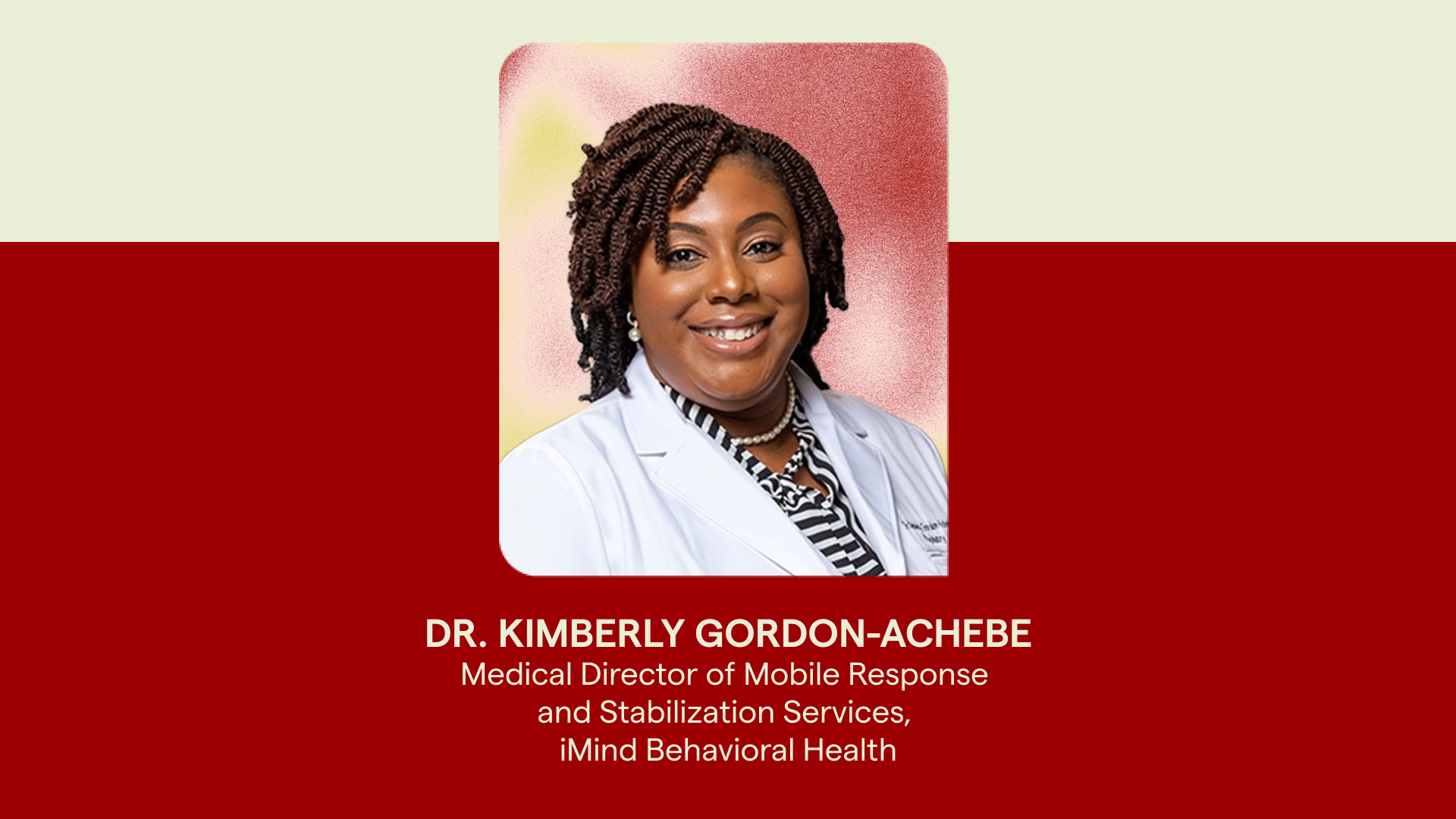
We are thrilled to be hosting our next educational session, Revolutionizing Mental Health Treatment: Dr. David Clark on the Power of Measurement-Based Care.
Ahead of the webinar with Dr. Clark, we wanted to share insight into his background and some of the events that led to his transformative role in developing the NHS Talking Therapies Program (formerly known as IAPT).
About Dr. David Clark
In addition to being a world-renowned applied psychologist and expert on Measurement-Based Care (MBC), Dr. Clark is the Chair of Experimental Psychology at the University of Oxford, Clinical Informatics Advisor at NHS Talking Therapies, and co-author of Thrive: The Power of Evidence-Based Psychological Therapies. Throughout his career, Dr. Clark has received numerous awards, including Lifetime Achievement Awards from the British Psychological Society, the American Psychological Association, and the American Association for Behavioural and Cognitive Therapies (ABCT).
There is an important event that played a major role in the eventual development of the NHS Talking Therapies program. The learnings from this time were pivotal in the industry’s understanding of outcome data and the impact it can have on both clinical outcomes and on our ability to improve and expand access to high quality mental healthcare across the globe.
Where it all started
In 1998, Dr. Clark was called upon for his expertise in treating trauma, to help train and support clinicians responding to a tragedy in a Northern Ireland community where a car bomb led to 29 deaths and 536 injured people. Due to the immense impact this event would have on the wellness of people in Northern Ireland, the lead psychiatrist in the area requested the support of Dr. Clark’s team at Oxford, who had been researching and developing effective trauma-focused cognitive behavioral therapies.
Alongside his colleague Dr. Ann Hackmann, Dr. Clark helped local clinicians treat those impacted, and ensured that they collected outcome data on every individual they supported. Since they couldn’t ensure each person would return for their next treatment, they implemented session-by-session outcome measurement.
The results were impactful. Not only did they collect depression and PTSD outcome data on almost every individual accessing support, but they also noticed that every person receiving treatment saw an improvement in their presenting symptoms. While the level of change varied across the population, the majority of people experienced an impressive 70% to 90% improvement of symptoms.
The Learnings
The implications drawn from the data were important, as the effects recorded were comparable to those seen in previous randomized controlled trials. This led to the hypotheses that this treatment approach could be very effective if applied across entire health systems.
The data from this event was presented to the Northern Ireland Minister, who then committed to fund the launch of the Northern Ireland Centre for Trauma and Transformation (NICTT), where they made the decision to continue to deliver this effective form of treatment and outcome monitoring.
Through this experience, Dr. Clark recognized the importance of consistently collecting client-reported outcome data and the power of transparently sharing clinical outcomes. Not only would it be vital for clinician training, clinical supervision and quality improvement, but it would also be extremely persuasive in our ability to impact policy and improve regional service offerings.
NHS Talking Therapies
Seeing the value of outcome data in a real-life setting was a core building block for the eventual launch of the NHS Talking Therapies Program, which has been designed to accomplish two major goals:
- To assess people with a wide range of mental health problems;
- To leverage Measurement-Based Care alongside a course of evidence-based psychological therapy to improve outcomes for those in the population suffering from disabling anxiety disorders and/or depression.
In doing so, NHS Talking Therapies has revolutionized the delivery of—and access to—evidence-based psychological therapies for depression and anxiety disorders within the NHS. The subset of individuals receiving MBC treatment is currently at 700,000 and is expected to reach almost 1 million people annually by 2024.
The strategy behind NHS Talking Therapies launch, its learnings, and the large and powerful data set it provides, will be a major focus of our upcoming educational webinar with Dr. Clark. To learn more, join us on July 25th at 1 PM EST/ 10 AM PST for our virtual panel, Revolutionizing Mental Health Treatment: Dr. David Clark on the Power of Measurement-Based Care.












